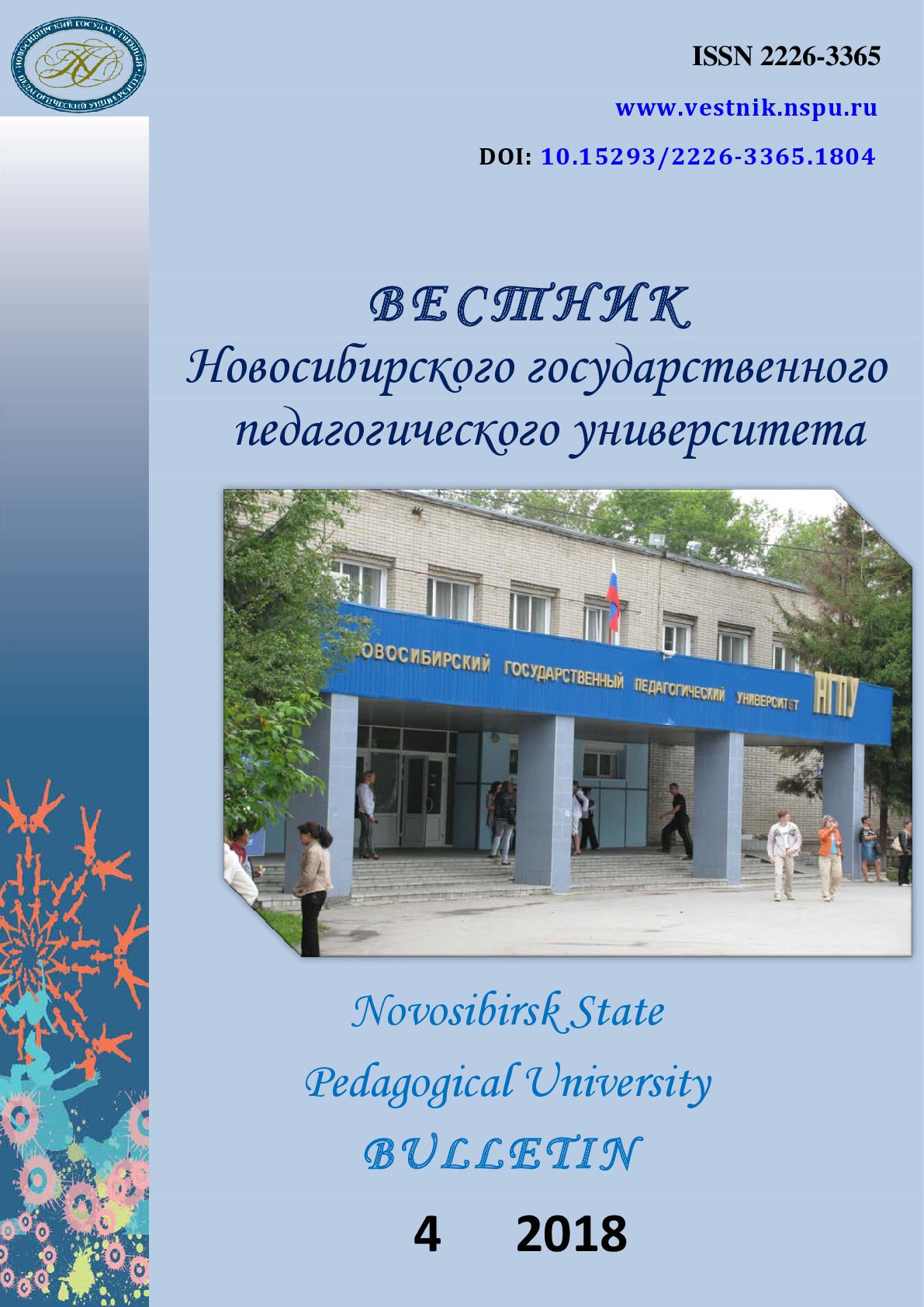Формирование иноязычной коммуникативной компетенции у студентов нефилологических профилей подготовки посредством Content–Based Active Speaking Technology
Formation of foreign-language communicative competence of non-philological training profile students by means of Content-based Active Speaking Technology
Author(s): Olga Gennadyevna Byrdina, Svetlana Gennadyevna Dolzhenko, Evgenia Alexandrovna YurinovaSubject(s): Language studies, Foreign languages learning, Higher Education , Philology
Published by: Новосибирский государственный педагогический университет
Keywords: Foreign language communicative competence; Content-based Active Speaking; Active speech technology; Communicative approach; Structure of communicative competence; Non-philological training profile;
Summary/Abstract: Introduction. The article reveals the problem of theoretical substantiation and experimental verification of Content–based Active Speaking Technology which contributes to the formation of foreign language communicative competence in students of non-philological training profiles. The goal of the article is to analyze the application efficiency of this technology within the framework of foreign language (English) classroom at the university. Materials and Methods. The methodological basis of the study was the communicative and competence approaches to foreign language teaching. The research methods include questioning, observation, and test-based assessment of undergraduate non-philological students. Results. The Content-based Active Speaking Technology (CAST) is an effective means of gradual formation of foreign language communicative competence in students of non-philological profiles, provided that the following conceptual ideas are implemented: the language is used as a whole without its division into grammatical or lexical phenomena; tasks are concentrated on the content, but not on the form; the main emphasis in the learning process is not on the language tools necessary to solve the task, but on the task itself, especially its content; the process of studying a foreign language is considered by the authors as the transition from the form to the sense of speech phenomena and to the students’ verbal creativity. The article gives a detailed description of the steps, methods and forms of training used in CAST. Conclusions. The conducted study confirmed the effectiveness of the use of Content-based Active Speaking Technology for the phased development of all components of the foreign language communicative competence in students of non-philological training profiles during foreign language classes.
Journal: Вестник Новосибирского государственного педагогического университета
- Issue Year: 8/2018
- Issue No: 4
- Page Range: 7-25
- Page Count: 19
- Language: Russian

